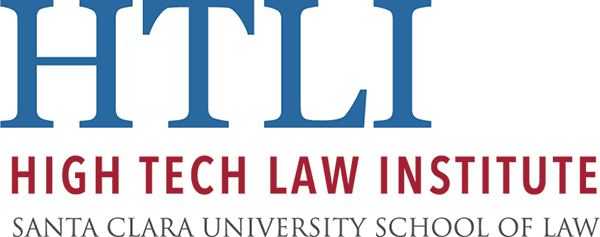
Kate Starbird, assistant professor in the Department of Human Centered Design & Engineering at the University of Washington, discusses what alternative narratives of crisis events reveal about “fake news,” political propaganda, and disinformation online.
January 26, 2018 | Noon – 1:00pm
Wiegand Room, Vari Hall
Santa Clara University
Recent public debate around “fake news” has highlighted the growing challenge of determining information veracity online. This is a complex and dynamic problem at the intersection of technology, human cognition, and human behavior. Our strategies and heuristics for making sense of information may make us vulnerable, within online spaces, to absorbing and passing along misinformation. Increasingly, it appears that certain actors are intentionally exploiting these vulnerabilities for various purposes. Drawing on research on online rumors in the context of crisis response, this talk explores what alternative narratives of crisis events reveal about “fake news,” political propaganda, and disinformation online.
Kate Starbird’s research is situated within human-computer interaction (HCI) and the emerging field of crisis informatics—the study of the way in which information-communication technologies (ICTs) are used during crisis events. Starbird holds a PhD in Technology, Media and Society from the University of Colorado at Boulder, and a BS in Computer Science from Stanford University.
This event is part of the “IT, Ethics, and Law” lecture series, co-sponsored by the High Tech Law Institute and the Markkula Center for Applied Ethics.
